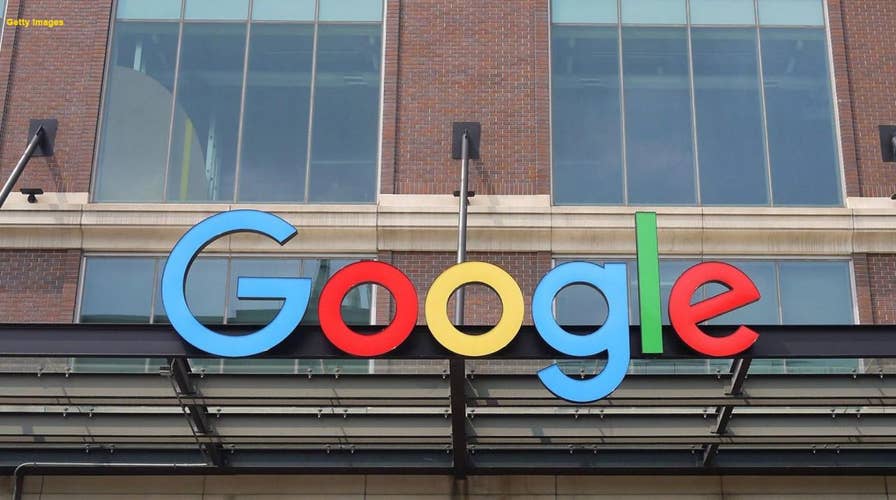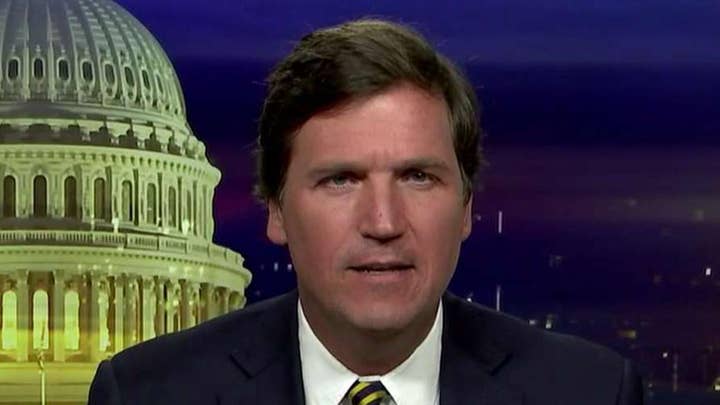Google announces plans for major expansion of data centers and offices in Middle America
Google’s CEO Sundar Pichai announced a major investment in U.S. data centers and offices, which will include locations in Nebraska, Georgia, Texas and Ohio, among others.
Google's Top Stories box provides users with articles from left-leaning news organizations such as CNN 62.4 percent of the time — with only 11.3 percent coming from outlets that are considered conservative, according to a study by Northwestern University researchers.
The researchers conducted an “algorithm audit” of the Google Top Stories box using data from late 2017 to determine the tech giant’s role in shaping which news its audience consumes. The Top Stories box – which is the three highlighted articles that appear with images at the top of any Google search – is among the most prominent real estate on the Internet.
The researchers analyzed 30 “hard news” stories per day over a 30-day period, resulting in 6,302 links to various articles. The results indicate that liberal publications were prominently featured in Google’s Top Stories box — with CNN, The New York Times, and The Washington Post, combining for a whopping 23 percent of Top Stories appearances during the sample period.
Links to the far-left CNN appeared in 10.9 percent of searches, while The New York Times made up 6.5 percent. By comparison, link to Fox News articles only appeared in 3 percent of the researchers' searches.
“We observed a left-leaning ideological skew in Google's selection of sources, only slightly exacerbating the background baseline of media we measured,” researchers Daniel Trielli and Nicholas Diakopoulos wrote.
GOOGLE FIRES BACK AT POLITICAL BIAS ACCUSATION, DENIES 'DONATION' TO VOTO LATINO
The average number of appearances in Google’s Top Stories box per search term was also examined, and CNN once again came out on top.
The study indicated that “journalists are not the only ones exercising editorial judgment in today's media environment” because “algorithmic curators” now play a significant role in determining what news reaches consumers. The algorithm has the ability to highlight or de-emphasize particular information, offering a significant boost in traffic to whatever articles it highlights.
“Lack of media diversity could make it difficult to discover new perspectives or ideas thus limiting the quality of arguments, it could curtail users’ autonomy of information selection, or it could stifle the awareness needed to contest an idea or issue,” Trielli and Diakopoulos wrote. “Because of the importance of Google in referring traffic to news sites, less source diversity implies the unequal capture of economic benefits, such as advertising revenue or the ability to convert users to subscribers, with potential to impact the vitality of the media landscape.”
GOOGLE UNDER FIRE FOR DUBBING 'UNPLANNED' FILM 'PROPAGANDA'
Google’s co-founder Sergey Brin famously admitted in a leaked video that staffers were “upset” about President Trump’s 2016 victory over Hillary Clinton. Last year, a bombshell report by The Daily Caller’s Peter Hasson revealed that Google staffers considered taking action.
Google has long denied favoring liberal outlets with insiders insisting the algorithms can’t actually detect perspectives and are apolitical. Google CEO Sundar Pichai disputed the notion that his company is biased against conservatives as he faced lawmakers on Capitol Hill last year.
“We have no insight into the methodology these researchers used. Other researchers have found exactly the opposite. The fact is that like Google search and Google News, our top stories feature has absolutely no signal for a story's political point of view and simply reflects the overall corpus of news and information on the web,” a Google spokesperson told Fox News.
The California-based company has also rejected claims that its pre-election actions were biased against conservatives.


